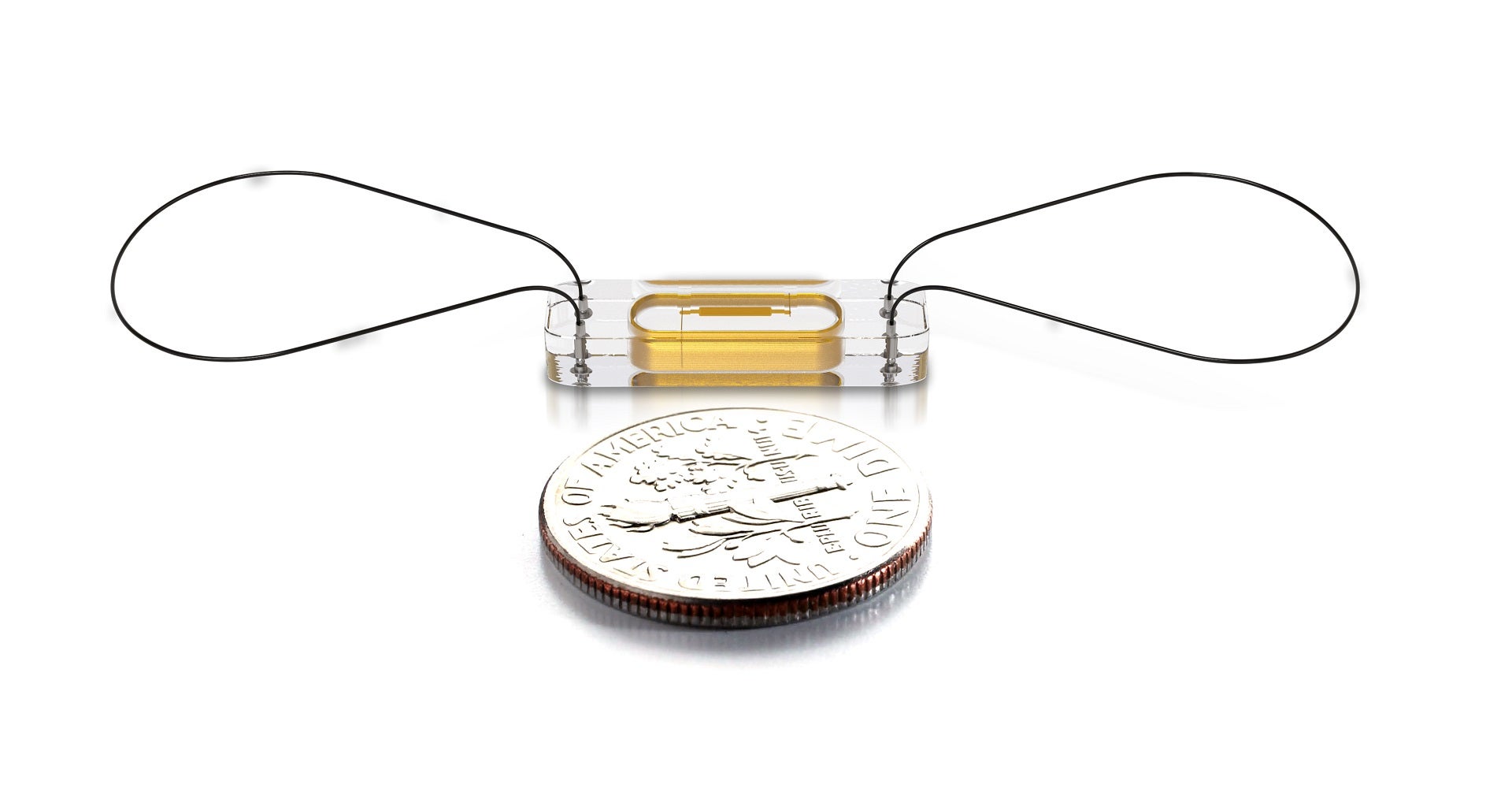
The US Food and Drug Administration (FDA) has granted approval for an expanded indication of Abbott’s CardioMEMS HF System to support earlier-stage heart failure patients.
The new expanded indication provides access to the small implantable sensor, CardioMEMS HF System, for an additional 1.2 million US patients who are now eligible for advanced monitoring.

Discover B2B Marketing That Performs
Combine business intelligence and editorial excellence to reach engaged professionals across 36 leading media platforms.
The sensor was initially approved in 2014 for use in New York Heart Association (NYHA) Class III heart failure patients who were previously hospitalised due to heart failure within the last year.
The FDA’s new indication allows the CardioMEMS HF System to be used by both people with Class II heart failure and those who have undergone a blood test that shows elevated biomarker levels of natriuretic peptide.
The paperclip-sized device is designed to monitor pressure changes in the heart.
It is implanted in a patient’s pulmonary artery during a minimally invasive procedure.

US Tariffs are shifting - will you react or anticipate?
Don’t let policy changes catch you off guard. Stay proactive with real-time data and expert analysis.
By GlobalDataThe sensor sends the patient’s pressure readings to the clinical team and allows doctors to make therapy changes to combat the progression to later-stage heart failure.
It also helps healthcare teams to virtually manage a patient’s condition from anywhere.
Furthermore, the CardioMEMS HF System provides early warnings that enable doctors to protect a patient against the worsening of a heart failure condition.
Abbott heart failure business chief medical officer Philip Adamson said: “Heart failure is a race against time, where too often we’re behind because patients are not getting care early enough.
“This expanded indication means physicians can treat more people with earlier-stage heart failure, providing the opportunity to prevent further suffering and possibly avoid later-stage progression that can have a profound impact on a person’s quality of life.”
The expanded indication of CardioMEMS HF System was based on data obtained from the GUIDE-HF trial, which includes nearly 3,600 participants across 118 North American centres.
Heart failure hospitalisations, emergency visits and death were observed to reduce by 34% and 25%, respectively, in Class II heart failure and elevated natriuretic peptide patients.
Recently, Abbott announced the first patient implanted with its Aveir dual-chamber leadless pacemaker under the AVEIR DR i2i clinical trial.





